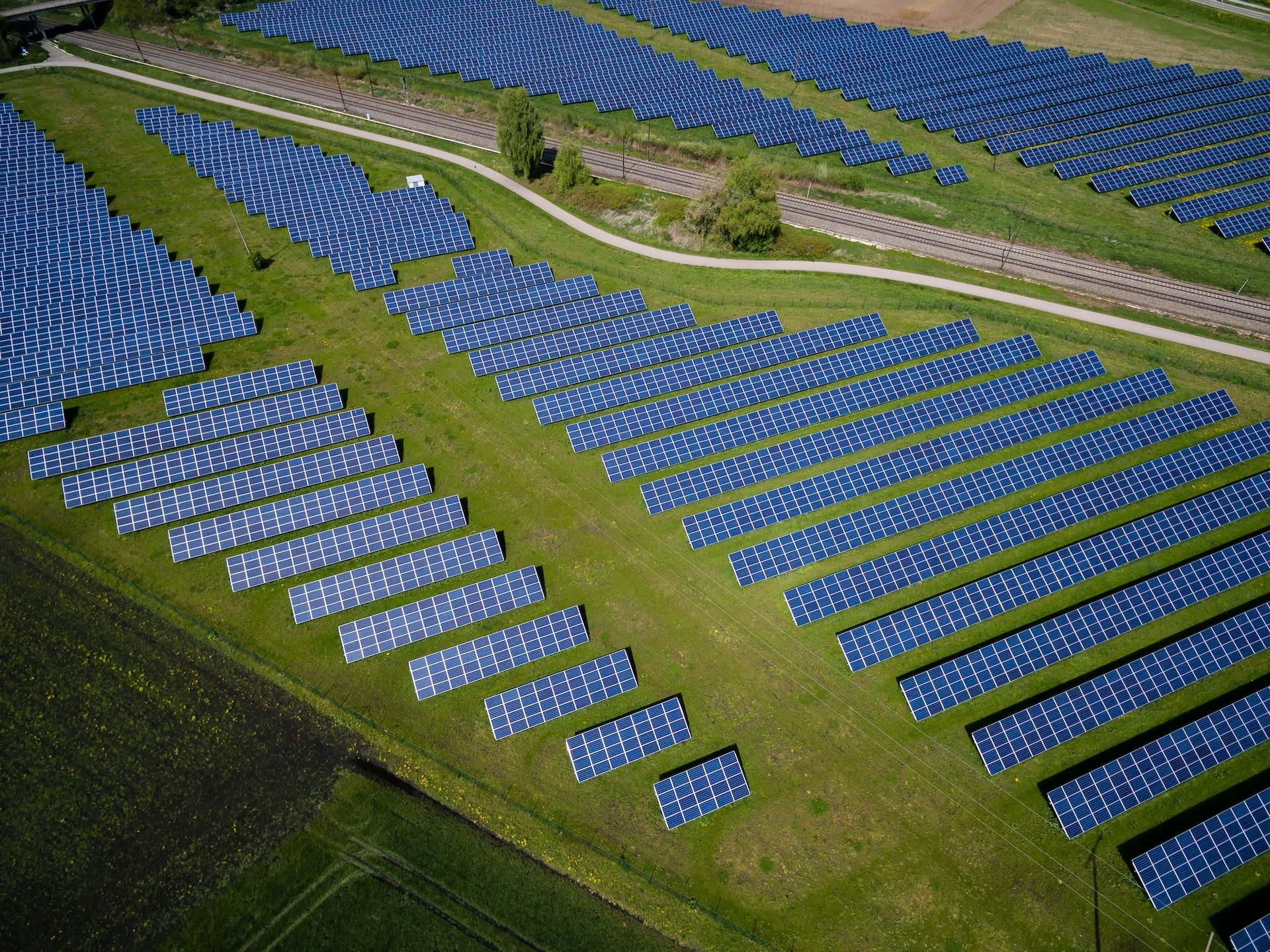
To protect humans, animals, and ecosystems, it is imperative to reduce greenhouse gas emissions and prevent climate change. Solar energy is a sustainable resource that significantly contributes to these goals.
Solar energy sustainability production can also lower water consumption and enhance air quality. Land use is necessary for ground-mounted photovoltaic (PV) and concentrating solar-thermal power installations. Thus it is important to choose, plan, and maintain sites in a way that has the least negative effects on the local species, their habitat, soil, and water resources.
If you add those percentages up, you can very well realize the amount of money you will be saving at the end of every year! Check out power to choose to know how to make better electricity choices.
Benefits of Solar Energy Sustainability

Source: kesq.com
- Guarantees Long-Term Energy Supply: The solar panel’s photovoltaic (PV) cells capture sunlight and transform it into power. Solar energy is an unlimited source, which is easy to access and can be used for several purposes in today’s time. Individuals will always be able to benefit from producing clean, green energy with solar energy sustainability.
- Advantageous To the Environment: Solar energy is the most environmentally friendly energy we can use, and its adoption will lessen the contribution humans have made to causing climate change. The greenhouse effect and global warming are some of the most pressing and serious issues to be dealt with in today’s time. Since solar energy is far simpler to produce and distribute, it is much safer for people and the environment.
- Prevents Damage to The Environment and Habitat: Adoption of solar energy sustainability can also stop any harm to habitats and the environment. Due to the excessive extraction of natural resources such as fossil fuels, modern ecology is overly exploited. Numerous trees are being felled and habitats destroyed to make way for companies and power plants. However, solar farms do not need to drill through the ground or construct structures above it; they can be placed on top of the land.
- A Safe and Clean Energy Source: Nuclear and fossil fuels are currently the two most widely used power sources, although both have several detrimental environmental repercussions. Power is generated from fossil fuels, which pollute the air and negatively affect our ecologies and lead to problems such as acid rain and the greenhouse effect.
Furthermore, the usage of nuclear energy has the potential to damage our water and soil. Since solar energy doesn’t produce any of those pollutants, it’s the cleanest, safest, and most effective energy source.
- Promote Sustainability with Solar Energy: The use of solar energy can also stop global warming, which is currently the most serious environmental issue. Fossil fuels have the potential to endanger our planet because they are continuously utilized to manufacture carbon dioxide, the main contributor to global warming.
As solar energy is a green, sustainable, and clean energy source, it could help halt or at least slowdown climate change and global warming. Additionally, solar energy is becoming more broadly accessible as solar technology develops year after year.
Solar Energy Sustainability – The Best Option for Better Future

Source: unsplash.com
When it comes to sustainable use of resources, solar energy sustainability is the go-to energy source. However, a streamlined and beneficial energy utilisation requires certain help, which might be limited knowledge for some. It is, therefore, necessary to get help from experts who know to provide the guidelines.
Several firms offer counselling services to help users adopt sustainability in their work process. With the help of experienced experts, individuals can get the help they need to implement solar energy sustainability. In addition, you can visit several websites that are available online that offer such services. For detailed information, contact them using their email id and phone number. With direct communication, users can get a better idea of the services available and get them as per their requirements.







